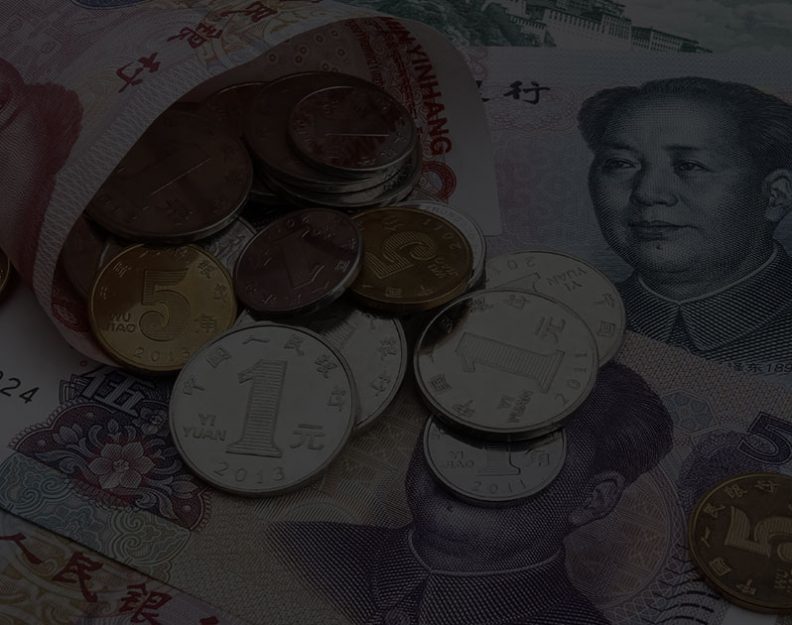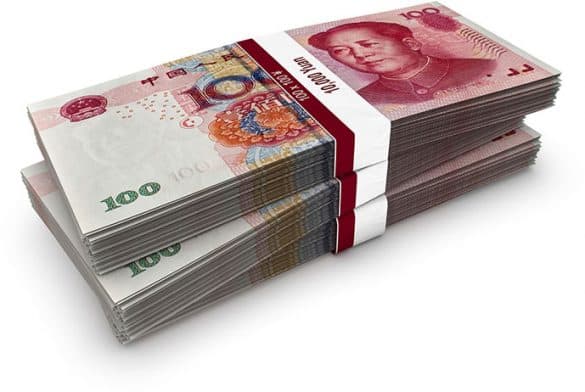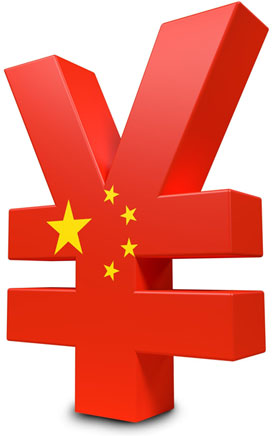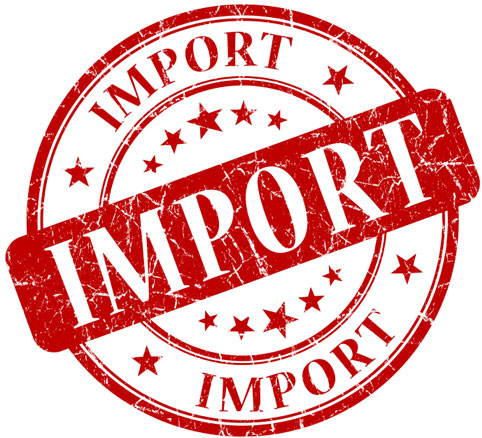About Offshore RMB
The offshore RMB (CNH) generally refers to renminbi that is circulated, traded, and settled outside of China. In contrast, renminbi which is traded and settled in China is generally known as the onshore RMB (CNY). With the growth of China’s economy and the evolution of its financial policies, offshore RMB has increasingly become the standard for pricing mechanisms, liquidity, and market-oriented trading.

What is the Offshore RMB
CNH offshore renminbi is jointly controlled by the Hong Kong Monetary Authority and the People’s Bank of China.
Chinese and foreign investors can trade CNH.
Prices of USD / CNH and USD / CNY may show short-term differences but CNH and CNY prices will gradually converge in the long run.
The Impact of RMB in the Market
According to the spokesman for the People’s Bank of China, in a March 2014 statement it was indicated that the future reform of the RMB exchange rate formation mechanism will continue to move in the direction of the market, with increased market determination of the exchange rate.

Development of the foreign exchange market, enriching foreign exchange products, and expanding the breadth and reach of the foreign exchange market better meets the needs of enterprises and residents.
In line with the development of the foreign exchange market, the flexibility of two-way floating of the RMB exchange rate can be enhanced while maintaining the stability of the RMB exchange rate at a reasonable level. In the future, the market exchange rate will play a bigger role and the central bank will exit from normal foreign exchange intervention.
In addition, the establishment of a foreign exchange floating exchange rate system, which has its foundations in market supply and demand, will be overseen by the People’s Bank of China. With further development of RMB internationalization, individuals and institutional investors are now able to trade offshore RMB using online trading platforms.
MetaTrader 4
Traders can use the ACY MT4 Our Platform to trade RMB products up and down. In addition to speculating on the international market, investors can hedge RMB assets through the our platform, allowing traders to effectively control hedging and manage risks.
Case Study
International student Mr. Zhao returned from the United States at the end of last month,
and will be back to the US school in a few days.

Mr Zhao is very unhappy as yesterday the USD/CNY price reached 6.6530, while the price on the same day last year was 6.1162. Hence, compared with the previous year the USD/CNY rate depreciated around 8%.
“The yuan against the dollar depreciated so much this year.” Mr. Zhao said. Each summer his parents give him $ 50,000 for tuition and living expenses. Based on the previous year’s exchange rate, he needs 306,000 yuan however the expense this year is at least 333,000 yuan, an increase of 27,000 yuan. Mr Zhao’s mother regrets that she did not exchange more last summer when the exchange rate was more favorable.
There are many people with regrets similar to Mr Zhao. For example, Mr Li is an importer who imports goods from the United States, with the value of his imports around $1 million US dollars a year.

This year, the price of yuan against the dollar depreciated about 8%. Based on the previous year’s exchange rate of 6.1162, he needed 6.1162 million yuan but based on the current exchange rate of 6.6530, he needs at least 6.6530 million yuan. This is equal to increased expenses of 535,800 yuan.
While foreign exchange trading can be used to an extent allow traders to fix an exchange rate, it really allows people to control the risks that arise from fluctuations in the exchange rate. If Mr Li bought $1 million USD/CNY in last year’s foreign exchange market and used 100:1 leverage, he would use only $10,000 as margin.
The extra paid amount, 535,800 yuan, could be offset by almost the same profit amount in the foreign exchange trading account with ACY. Therefore, trading offshore RMB can also have a hedging effect.
